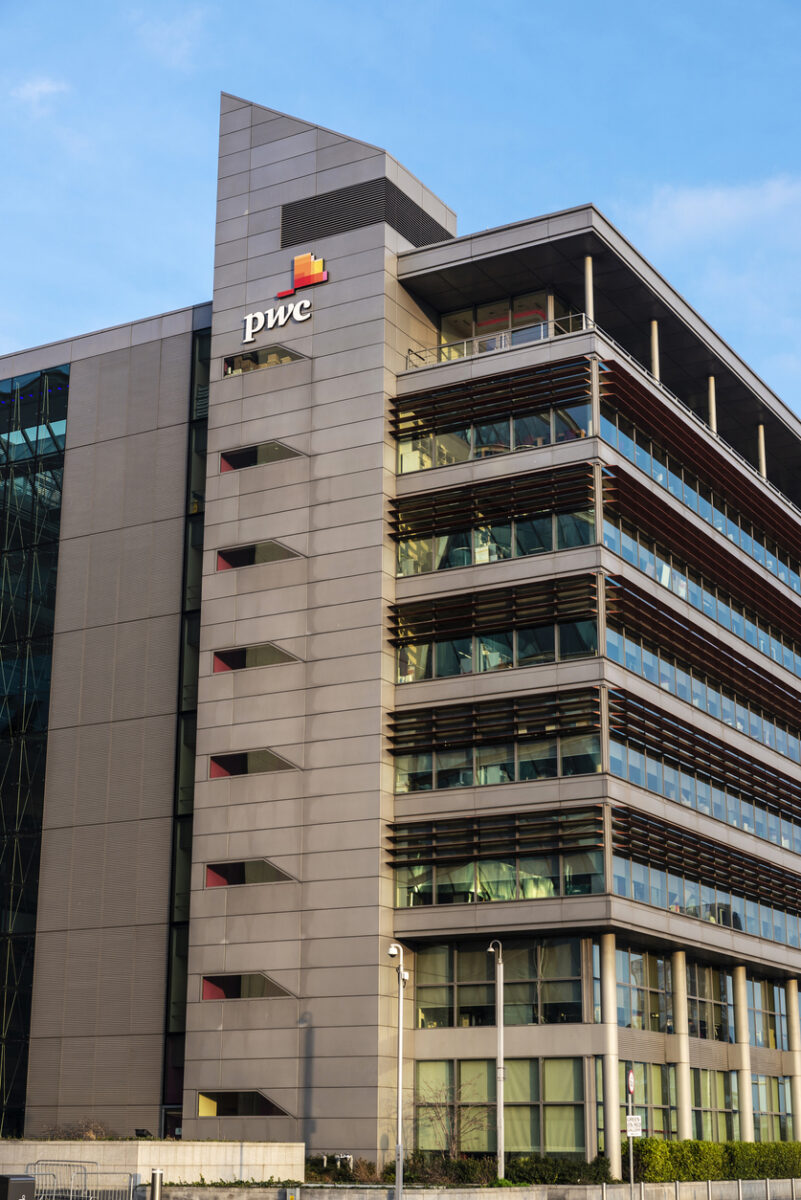More than one in five (21%) UK workers feel more vulnerable to cybercrime since the outbreak of Covid-19, according to a new cybersecurity survey from PwC. Of those people, 35% cite stress or fatigue and 17% cite working in isolation as a reason that they feel more vulnerable. The survey of over 1,200 people currently in work in the UK was conducted in September of this year.
Daisy McCartney, Cyber Security Culture and Behaviour Lead, PwC said: “Cybercriminals are above all opportunistic and we are seeing them use the fear, uncertainty and stress around Covid-19 to target their victims and play on their emotions. As Covid-19 continues to dominate the news agenda, messaging related to vaccines, cures and financial relief will likely be used to target people.
“It is therefore understandable that people are feeling vulnerable to cybercrime, and according to our survey, 19% of people working from home during the pandemic do not feel that they have the necessary skills and training to keep safe from a cyber attack. However, people should not feel helpless, there are simple steps they can take to protect themselves and just gaining an awareness of how criminals might seek to target them is a good start.”
Respondents of the survey are not only feeling more vulnerable, but they are also noticing more criminal activity since the outbreak of Covid-19. When asked whether they had personally noticed an increase in speculative criminal activity, such as suspicious emails or malicious adverts and links, 32% of workers replied that they had.
In addition, 22% of respondents feel more vulnerable to a cyber attack when sharing personal details for contact tracing reasons with restaurants or other hospitality venues.
Chris Gaines, Lead Cyber Security Partner, PwC said: “We have seen a spike in cybersecurity incidents this year with criminals exploiting the challenges that people and organisations are facing from COVID-19. Many of these incidents were linked to ransomware attacks and some of them were accompanied by data breaches. Analysis by our Threat Intelligence team has shown that the pace and frequency of ransomware attacks is rising all the time.
“It’s not all bad news though, technology is advancing all the time to combat cybercriminals. This survey was conducted before the introduction of the government’s new NHS Test and Trace app which will make contact tracing more secure and will hopefully allay some of the public’s fears.”




